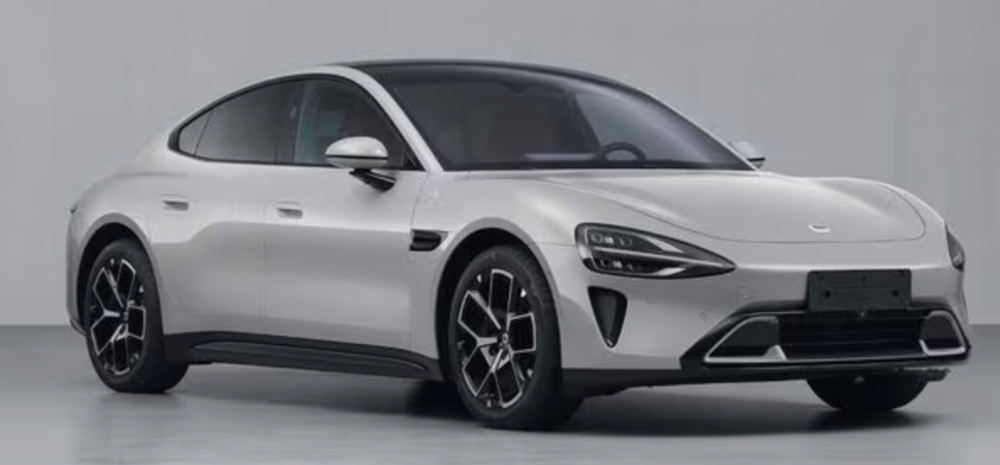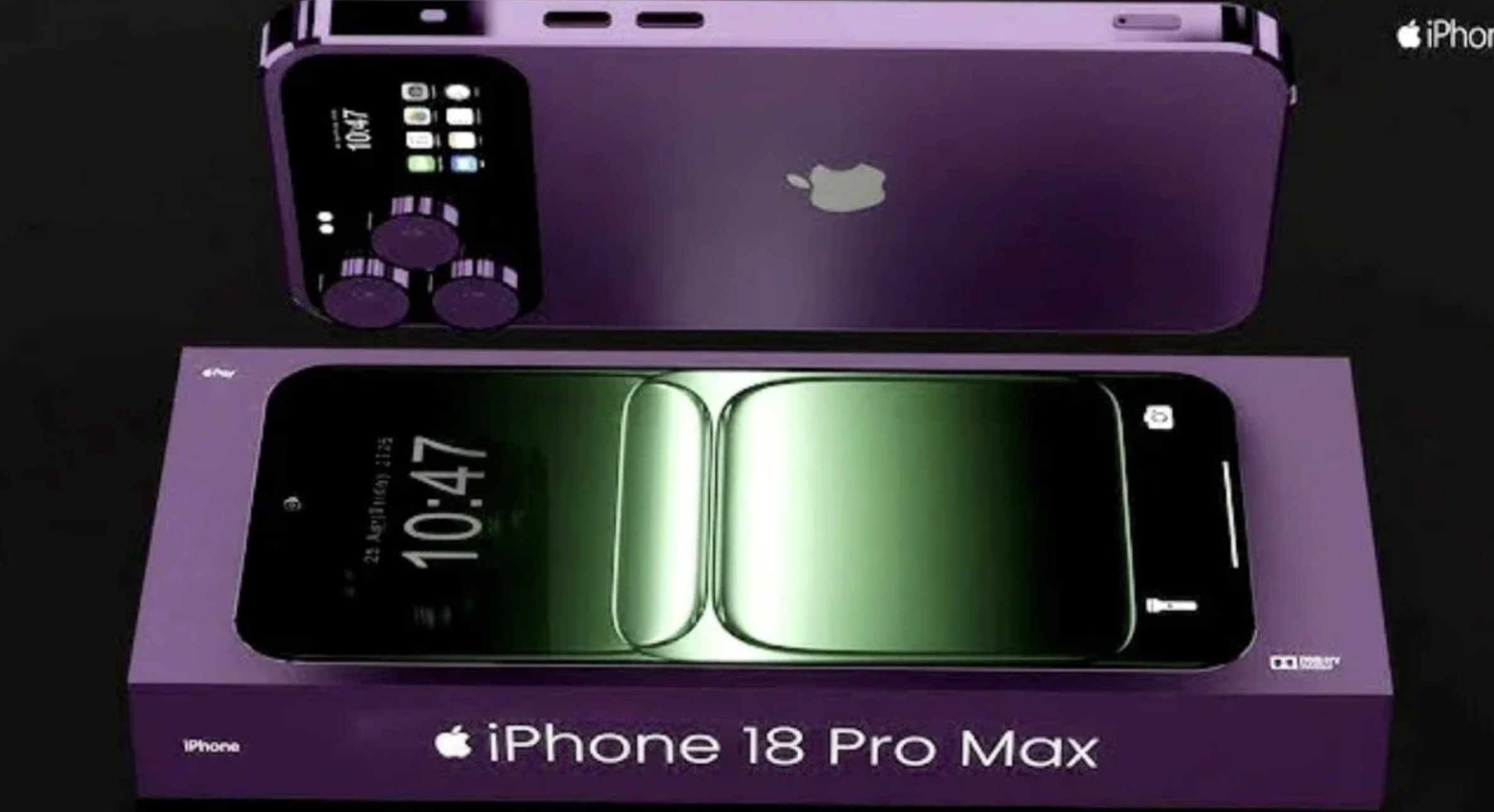Xiaomi’s entrance into the electric vehicle market has been marked by the recent unveiling of its inaugural model, the SU7, in China.

As per reports, this electric sedan offers consumers a choice between two configurations: one with Lidar technology and another without.
Xiaomi’s Entrance Into Electric Vehicle Market: All You Need To Know!
Powertrains
Further enhancing customization, customers can opt for either Rear-Wheel Drive (RWD) or All-Wheel Drive (AWD) powertrains. The SU7 lineup includes three distinct variants: SU7, SU7 Pro, and SU7 Max.
In the RWD variant, a solitary electric motor positioned on the rear axle generates a robust 295 bhp. In contrast, the AWD version boasts an even more impressive power output of 663 bhp. The AWD drivetrain configuration comprises a 295 bhp electric motor on the front axle and a 368 bhp electric motor on the rear axle.
Battery
The choice of battery packs further differentiates the SU7 models. The more budget-friendly trims are equipped with LFP battery packs sourced from BYD, while the upscale variants, featuring larger battery packs, are equipped with NMC battery packs from CATL.
Acknowledging the inherent weight of electric vehicle batteries, the Xiaomi SU7 reflects this reality with a curb weight of 1,980 kg for the base models and 2,205 kg for the top-end trim. The performance specs also vary, with the lower variants achieving a top speed of 210 kmph, while the higher-end models can reach an impressive 265 kmph.
Production
Production for the Xiaomi SU7 is slated to commence in December 2023, with deliveries scheduled to kick off in February 2024. Currently, trial production is in progress at BAIC’s Beijing factory, where test vehicles are undergoing assembly.
In a noteworthy development reported by CarNewsChina.com, Xiaomi, renowned for its smartphones, has taken a significant step by submitting an application for a sales license for its inaugural electric vehicle in China—the Xiaomi SU7 sedan. The application provides a comprehensive overview of the car’s specifications, revealing that Beijing Automotive Industry Holding Co. Ltd (BAIC) will be responsible for the contract manufacturing of this electric vehicle. Notably, the electric vehicle was previously known by the codename MS11. This strategic move underlines Xiaomi’s commitment to establishing a strong presence in the competitive electric vehicle market.
Interestingly, as per Hindustan Times, SU7 will be powered by HyperOS, a new operating system, that will also power its smartphones. So, we may belive, that this new electric car from Xiaomi will be programmed to communicate seamlessly with Xiaomi smartphones as well.
We will keep you updated, as more details come in.













